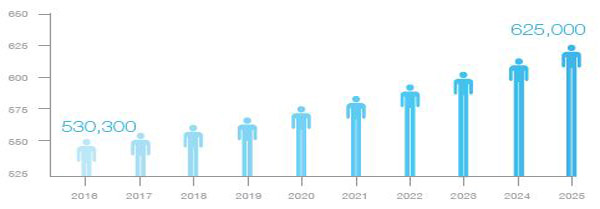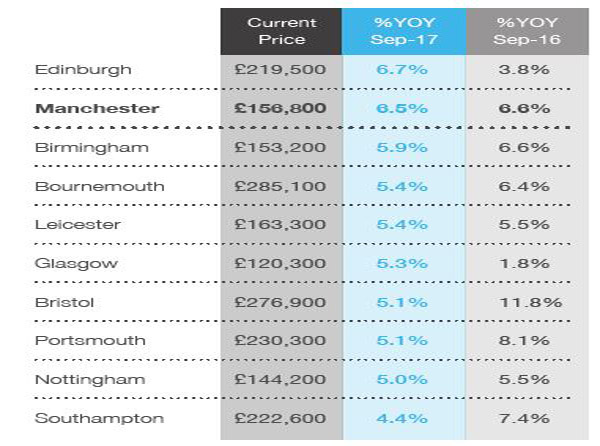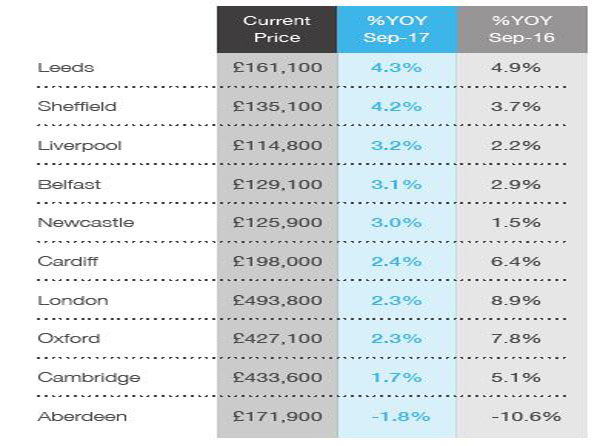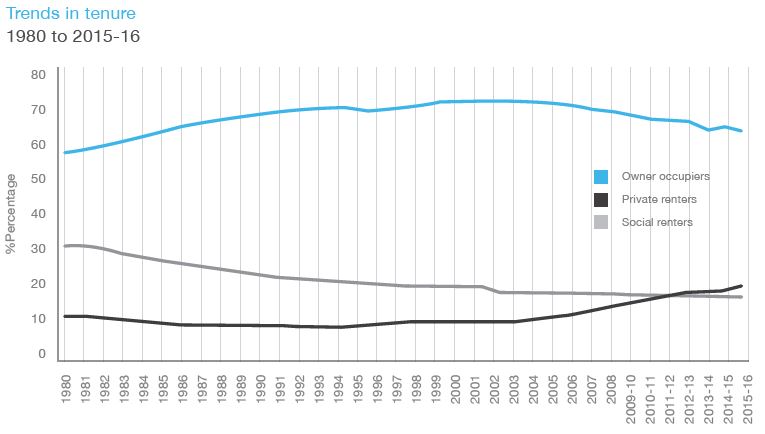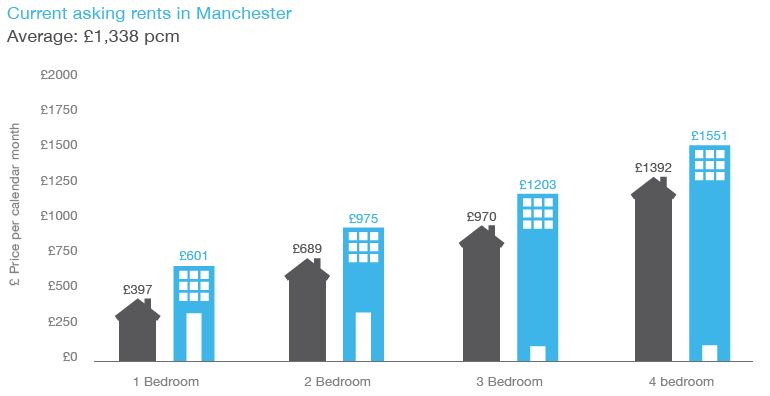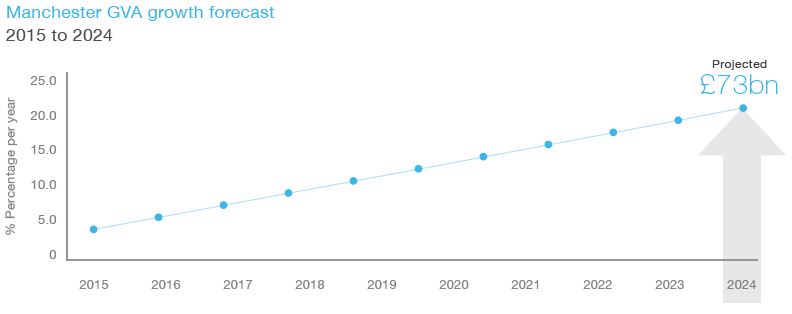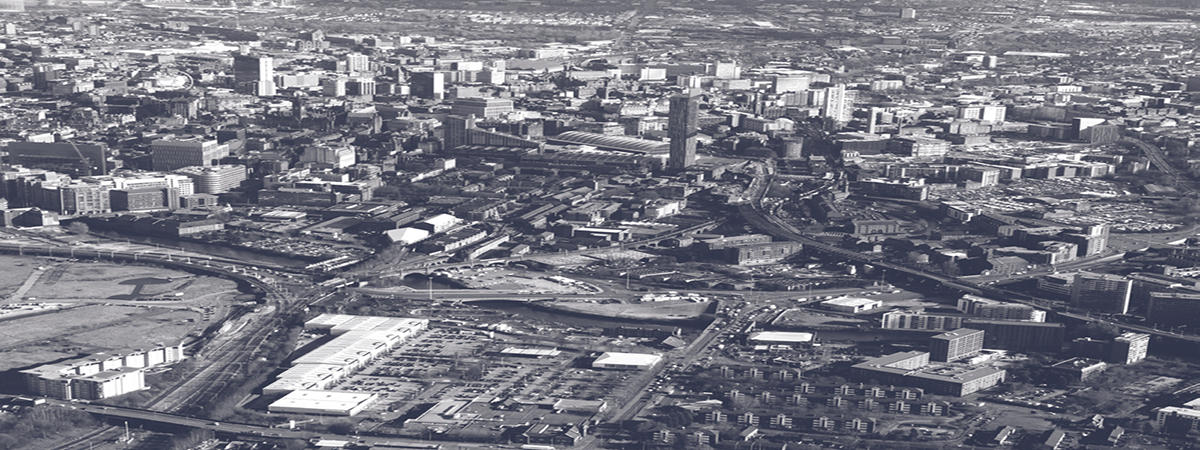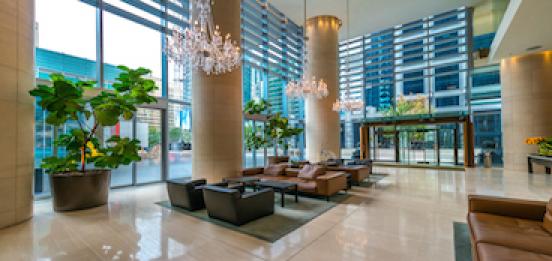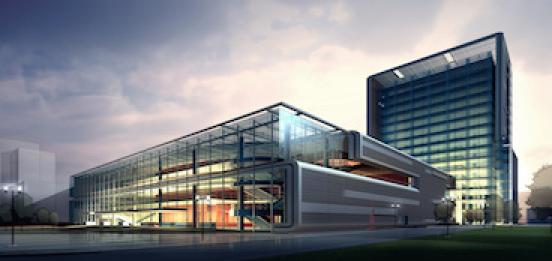Shifting demographics and the Manchester rental market
Across the UK, levels of owner-occupation have been declining for many years. They stood at 65% according to the 2015/16 Department for Communities and Local Government English Housing Surveys. Home ownership has decreased due to prices outstripping salaries and the resulting burden that this has placed on those trying to save for a deposit.
While homeownership levels have been falling, rental levels have been rising. According to the English Housing Survey, young renters rose from 24% of those aged 25-34 in 2005/06 to 46% in 2015/16.
The decline in home ownership has led to a significant change in the makeup of city populations. City centre living has experienced a massive revival, with young professionals accepting that they can't own and instead opting for long-term rentals in sleek city centre apartments. Manchester has been at the forefront of this push for city centre life, according to Centre of Cities, with professional graduates under the age of 35 driving the growth. Over 33% of residents are young professionals, compared with 28% in London and 24.1% in Birmingham.
The shift in demand has changed the shape of Manchester's rental property market, leading two areas of the city to be included in the UK's top 20 postcode districts for buy-to-let by yield, based on Totally Money's November 2017 Buy-to-Let Yield Map. In addition, two areas of Greater Manchester were listed in Rightmove Rental Price Tracker's top five most in-demand areas outside Greater London, as at March 2017.
The push to live in city centre accommodation saw six applicants for every property in 2015, with many apartments let within 72 hours of being put on the market. By mid-2016, Manchester was at the top of the Lendinvest Buy To Let Index, thanks to its yields of 6.8% – the highest average returns in the UK.
As at December 2017, the average asking rent in Manchester had hit £1,338 pcm, according to Zoopla. Apartments command significantly higher rents than houses in all size bands.
With JLL projecting rent increases of 4.2% across Manchester over the coming five years, and the city being home to one of the highest proportions of private renters in the UK (at 26.85%), Manchester offers solid credentials as one of the most promising buy-to-let locations in the UK.





